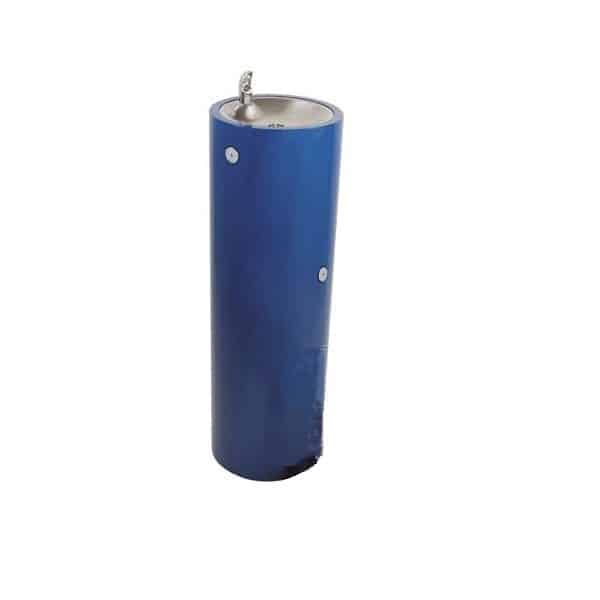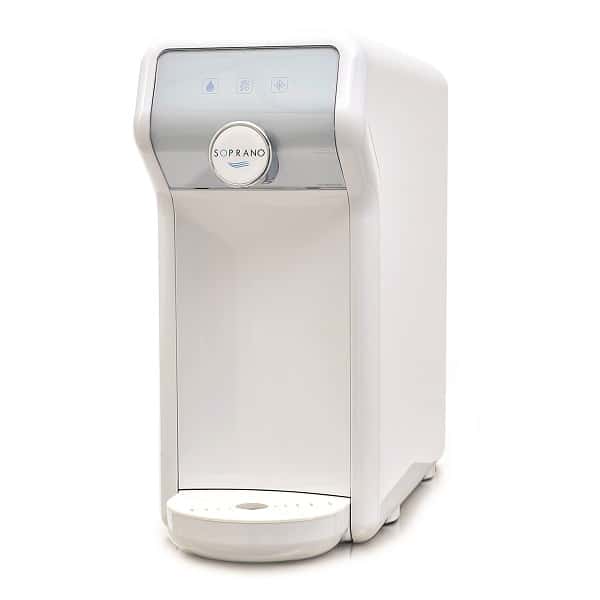Academy
Spa brands
In this section you will find a range of practical information related to our solutions. In the articles, we share our experience, discuss implementation steps and highlight good practices. It is a reliable source of information and advice on the provision of drinking water in public spaces, the legal regulations in this area, the benefits of installing drinking water dispensers and the technological aspects in this field.
We look forward to reading!
Hot weather at work: what obligations does an employer have to employees?
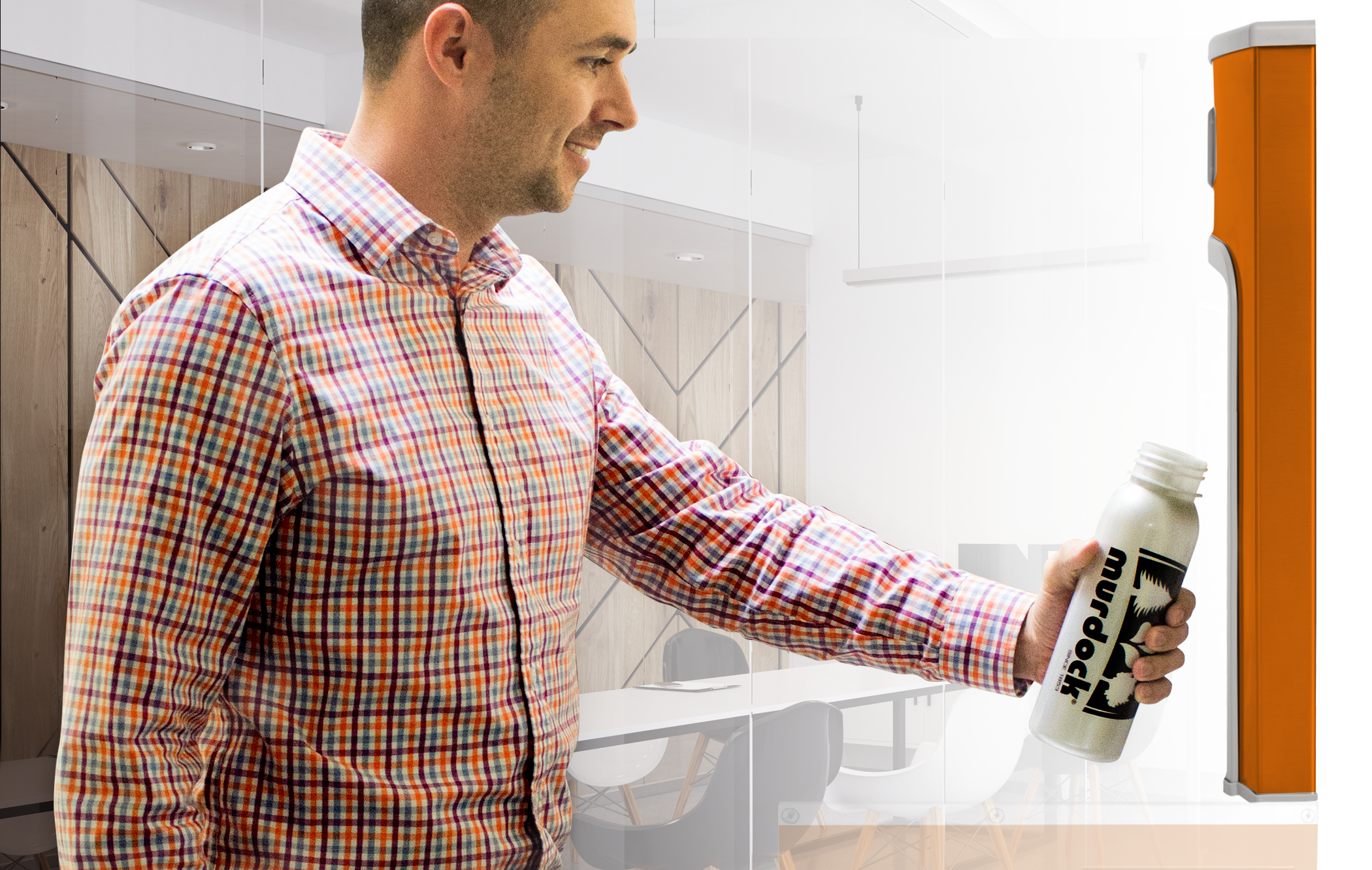
The approaching heatwave not only puts a strain on the body, but also places specific obligations on employers. The Labour Code and implementing acts make it clear what employers must do to ensure the safety and comfort of employees during high temperatures. What exactly does the legislation imply?
When must an employer provide water and refreshments?
Under Polish law, the obligation to provide beverages to employees arises in two main cases:
- When the outside temperature exceeds 25 °Cand the work takes place in an open area.
- When the temperature in the work premises exceeds 28 °C.
This is not only good practice - it is a legal requirement.
Legal bases
These principles stem from, among other things:
- Labour Code - Articles 207 and 232 (duty to ensure safe working conditions),
- Regulations of the Minister of Labour and Social Policy of 1997. - § 112-113 - concerning water for drinking and hygiene purposes,
- Council of Ministers Regulations 1996. - on preventive meals and drinks,
- State Labour Inspectorate (PIP) guidelines - which regulate the details in practice.
What must the employer provide?
- Drinking water or refreshments - available at all times and no further than 75 m from the workplace.
- Adequate quantity - quantity should meet physiological needs. This cannot be replaced by a monetary equivalent.
- Adaptation to the conditions - in heavy exercise or hot weather, drinks should contain electrolytes (e.g. isotonic drinks, mineral water with salts).
- Water for hygiene purposes - a minimum of 30 litres per person, with up to 90 litres/person for work requiring washing.
Dispensers and thermal bottles - comfortable and modern solutions
Permanent access to water can be provided in a convenient, hygienic and economical way - by using mains water dispensers. This solution not only reduces costs (no need to buy bottled water), but also avoids the hassle of storing and replacing cans. The dispensers are aesthetically pleasing, easy to use and provide constant access to fresh water, both cold and hot - which can be useful all year round.
For field or manual workers who start their working day from a single location, it is worth setting up there special water intake station - e.g. at the gate or in the back. Equipping them with thermal bottles allows the water to be kept at the right temperature for many hours, significantly increasing comfort in hot weather. It is a small investment with real benefits for the health and efficiency of the team.
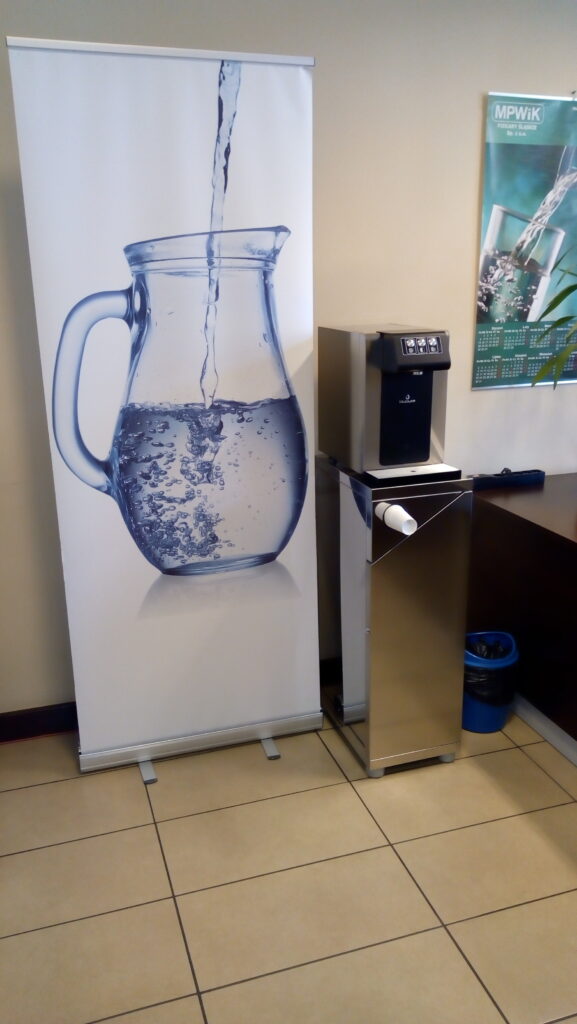
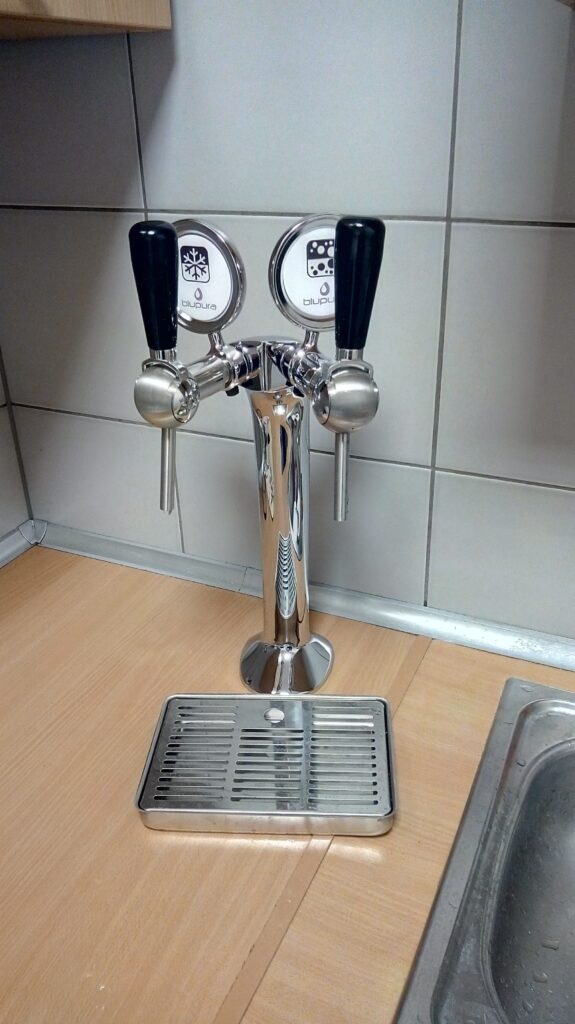
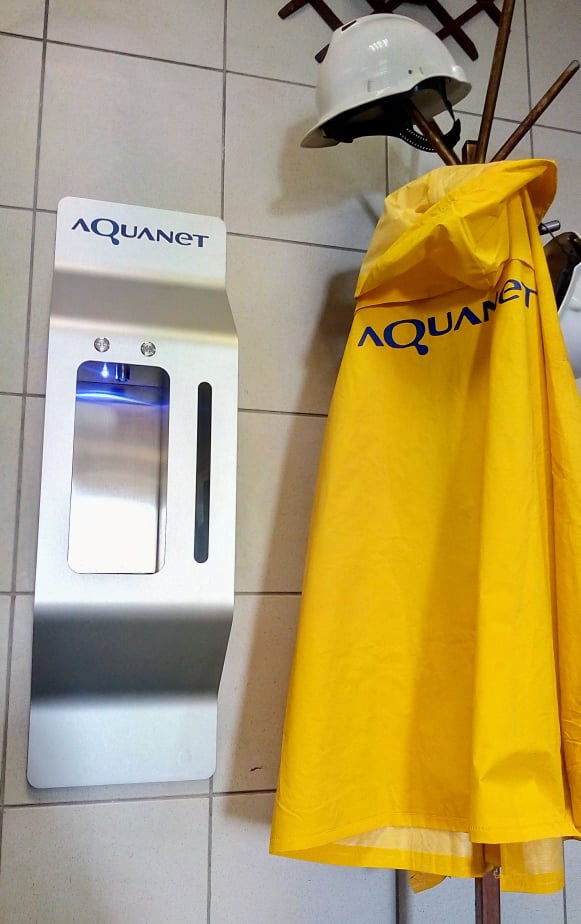
What are the penalties for failing to comply?
Failure to provide refreshments may result:
- A fine from PLN 1,000 to PLN 30,000 - imposed by the State Labour Inspectorate,
- Civil or criminal liabilityif negligence leads to a deterioration of the employee's health.
Good practice for employers
- Provision of cool drinks with electrolytes.
- Organising work in a way that limits exposure to the sun.
- Extend breaks and allow people to work in the shade or an air-conditioned room.
- Educate employees on the symptoms of overheating and dehydration.
- Create instructions or internal procedures for action during heat waves.
In hot weather, concern for employee comfort and health is not just a matter of empathy - it is a legal obligation. Employers who respond appropriately to harsh weather conditions not only meet legal requirements, but also build a positive image and reduce the risk of sickness absence.
It is not worth waiting for an inspection from the Public Health Inspectorate - it is better to check today whether your workplace has appropriate hot weather policies in place.




